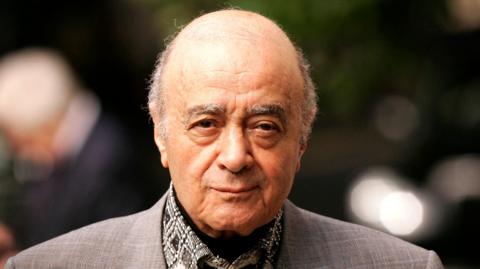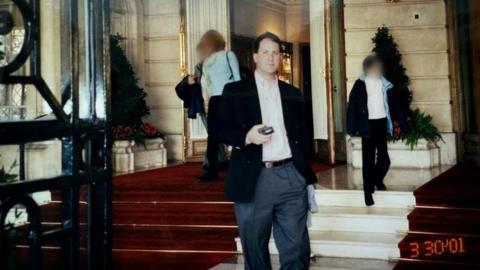Receiving cash ahead of business trips - large-value notes of pounds, francs or dollars depending on his destination - continued over the following six months.
Three senior colleagues suggested to Mr Brilliant at the time that Al Fayed was trying to get him to compromise himself.
Mr Brilliant says they told him: “He was trying to get you to come back and say ‘oh, I spent money on drugs or I spent money frolicking, doing something that I shouldn't have been doing,’ and that he would then use that information against you if you should ever turn on him.”
He adds: “I am certainly aware of people who... succumbed to the temptation.”
Mr Brilliant continued trying to return the money, until his family arrived in London and he started looking for a home. With Al Fayed’s consent, he put it towards the purchase of a property.
Al Fayed had form for using envelopes of cash as a tool of power and control. It had caused a scandal in the 1990s after he paid MPs to ask questions in the House of Commons - and then exposed those who had accepted his gifts.


